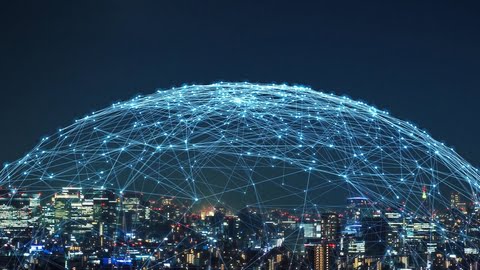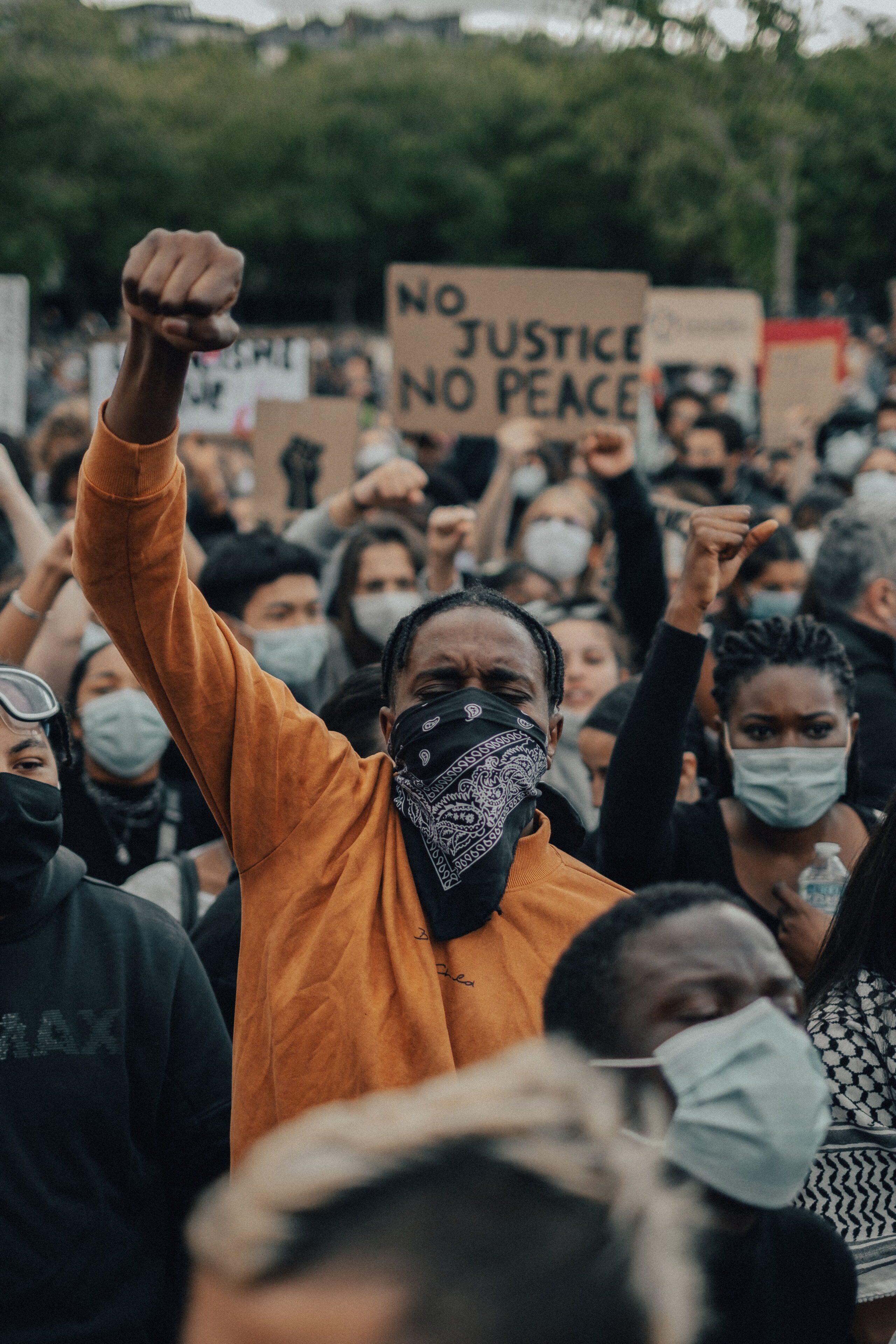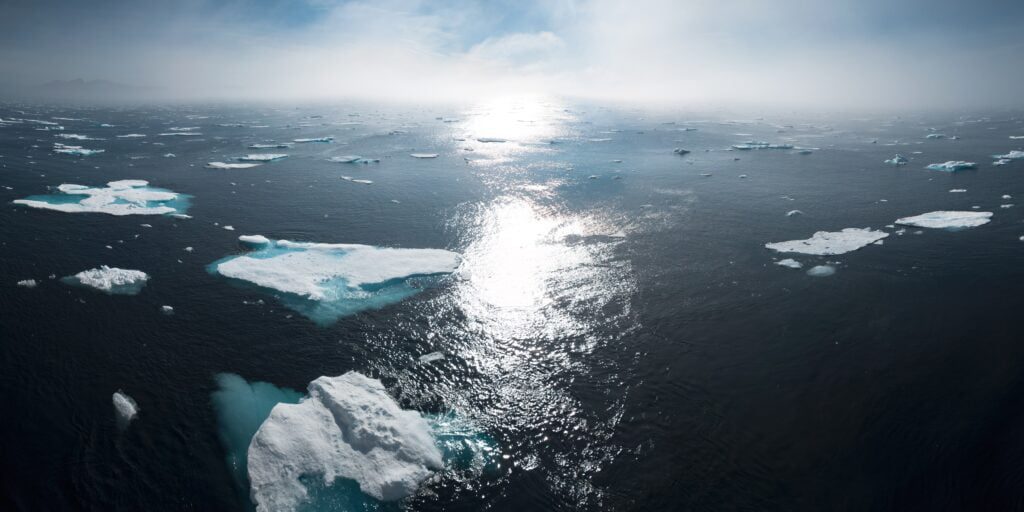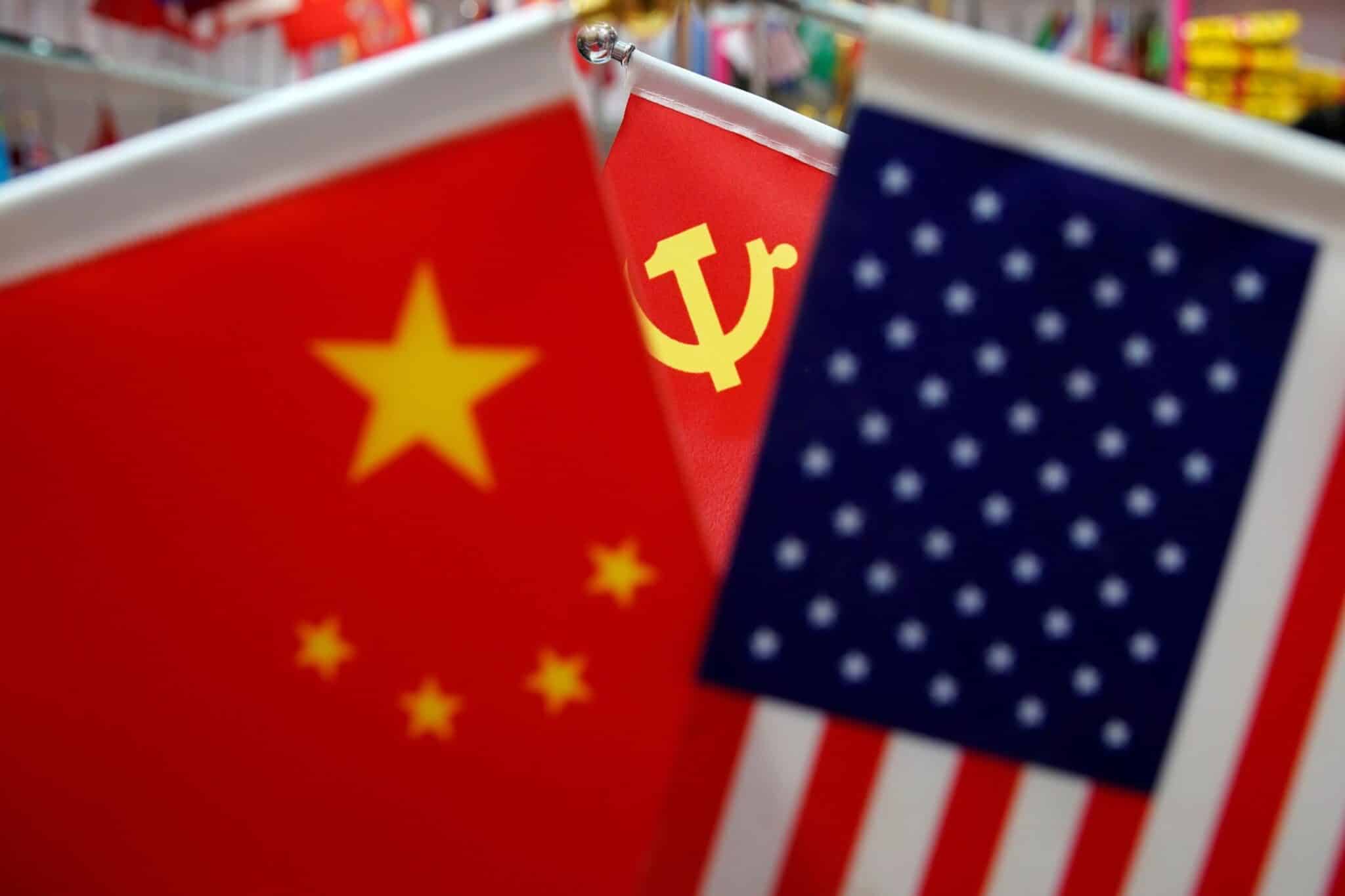The US Intelligence Community has published a forecast paper on the future of the world until 2040.
To be brief (I will tell you in more detail later), US intelligence warns of strong political volatility and growing international competition that could even lead to a large-scale conflict.
Report intelligence: it will be a more uncertain world

The report entitled A More Contested World it is an attempt to examine key trends, and outlines a number of possible scenarios.
It is the seventh report of this type: since 1997 the National Intelligence Council has drawn up one every 4 years.
If you are a political or diplomatic leader, or hope to become one in the coming years, prepare for bad reading, and perhaps bad news. US intelligence indicates two key words, and they are very strong: uncertainty and instability.
The key factors of this projected global deterioration

The first element that will drive global instability, as mentioned, is political volatility.
“In many countries,” the report warns, “people are pessimistic about the future and becoming increasingly distrustful of leaders and institutions they see as incapable or reluctant to address disruptive economic, technological and demographic trends.”
People gravitate to like-minded groups that are making larger and more varied demands on governments at a time when those governments are increasingly limited in what they can do.
This mismatch between government capabilities and public expectations risks widening and leading to greater political volatility. Polarization and populism within political systems will increase. As well as the waves of activism and protest movements. In the most extreme cases there will be violence, internal conflicts, or even the collapse of the state.
from the report of the American National Intelligence Council
Crisis of democracies

Unmet expectations, fueled by social media and technology, could pose risks to democracy.
“Looking ahead, many democracies are likely to be vulnerable to further erosion and even collapse,” the report warns, although it adds that these pressures will also affect authoritarian regimes. The synthesis therefore suggests a broader crisis of authority in general, rather than of democracy.
Pandemic, a big "stop"

The intelligence report also focuses on the pandemic, defined as “the most significant and singular global upheaval since the Second World War”. A global event that has fueled divisions, accelerated existing changes and challenged assumptions, including how governments can address threats, alone or in synergy.
Curiosity: In the last report, intelligence predicted a pandemic
The previous 2017 report included this possibility, placing a possible pandemic in 2023, and drastically reducing global travel to contain its spread.
Despite assumptions made in the past, the authors of the report admit that they did not foresee a pandemic of such large proportions, which has “shaken long-standing assumptions about resilience and created new uncertainties about the economy, governance, geopolitics and technology ”.
Climate change

even the climate change and demographic changes will be key factors, as well as technology, which could prove disruptive but also empower those who exploit it sooner and faster.
Geopolitical competition

Internationally, intelligence analysts expect the intensity of the competition for global influence to reach its highest level since the Cold War over the next two decades.
Non-governmental organizations, including religious groups and what are called “superstar tech firms” may also have the capacity to build networks that rival (or even surpass) states.
The risk of conflict may increase and it will become increasingly difficult to discourage the use of new weapons.
The phenomena linked to terrorism could not only be of a religious nature: opposing factions could act for very different issues from racism to environmentalism via anti-government extremism.
The competition between the United States and China is at the heart of many of the differences in the scenarios. The world will be different depending on whether one of the two powers prevails, if they collide or if they divide the world into separate blocks.
Give peace a chance, John Lennon would say

The overall goal of this intelligence report, as well as past ones, however, is to look at possible futures rather than predict with certainty.
For this reason, among the scenarios proposed there are even some optimistic scenarios for 2040. One of these is called "the rebirth of democracies".
It involves (clearly from the US perspective) that the United States and its allies exploit technology and economic growth, while the crackdowns of China and Russia (including on Hong Kong) strengthen the attractiveness of democracy among those peoples too.
Other intelligence scenarios are grimmer.

“The scenario of the world adrift” imagines market economies never recovering from the Covid pandemic, becoming deeply divided nationally, and living in a “directionless, chaotic and volatile” international system.
A scenario from the US Intelligence report manages to combine pessimism with optimism, but curiously it is the one that worries me the most, perhaps also because of the title.
It's called “Tragedy and Mobilization”.

The scenario describes and imagines a world in the midst of a global catastrophe in the early 30s due to climate change, famine and unrest. This scenario, similarly to what happened after the Second World War, leads to a new global coalition (like the United Nations) but driven in part by social movements.
Of course, none of these scenarios could happen: a combination of these scenarios, or something completely new, will likely emerge.


